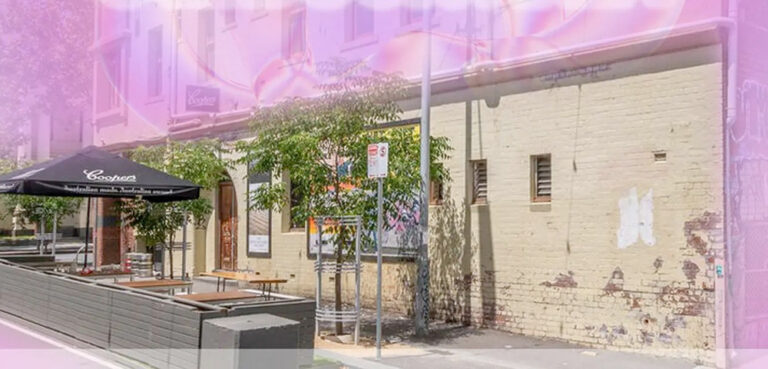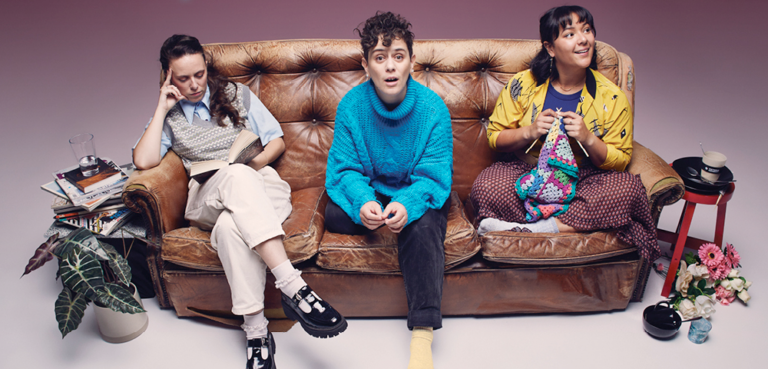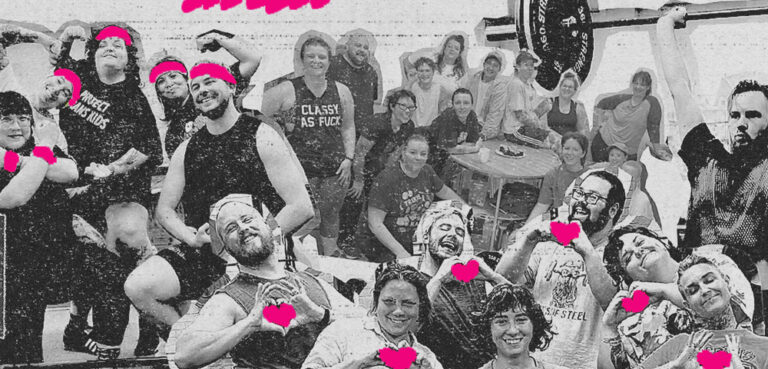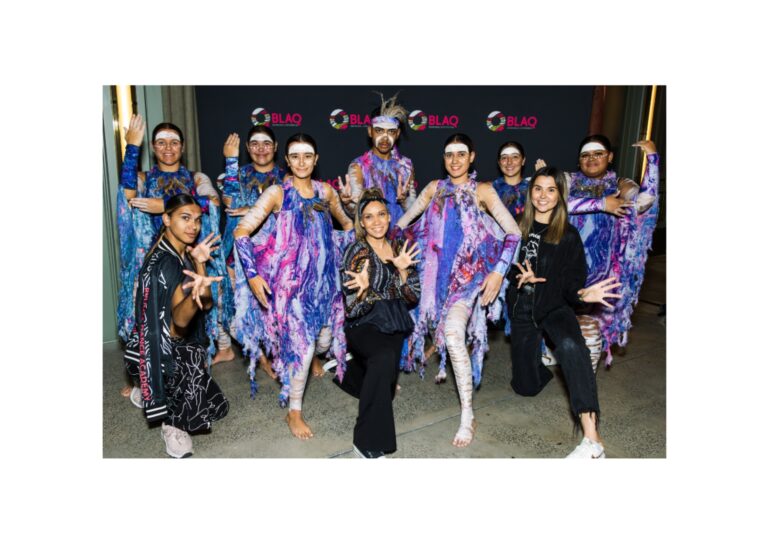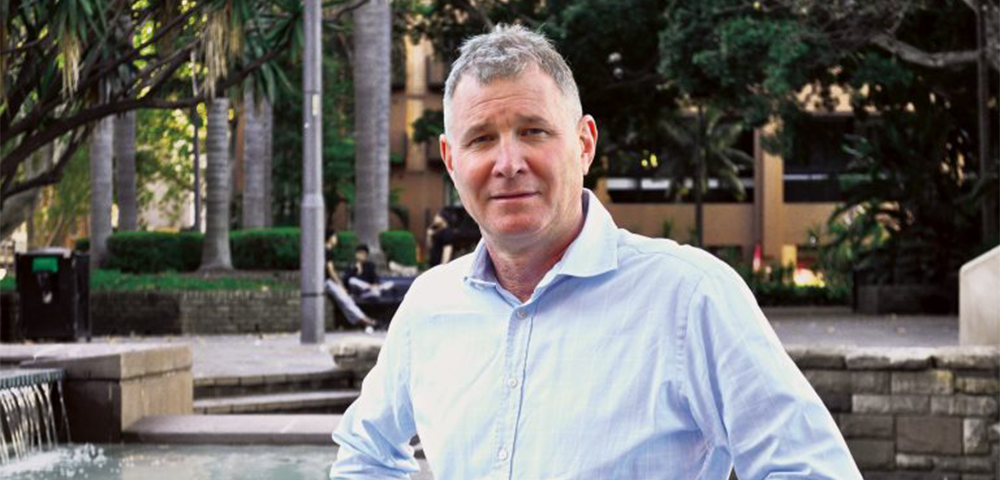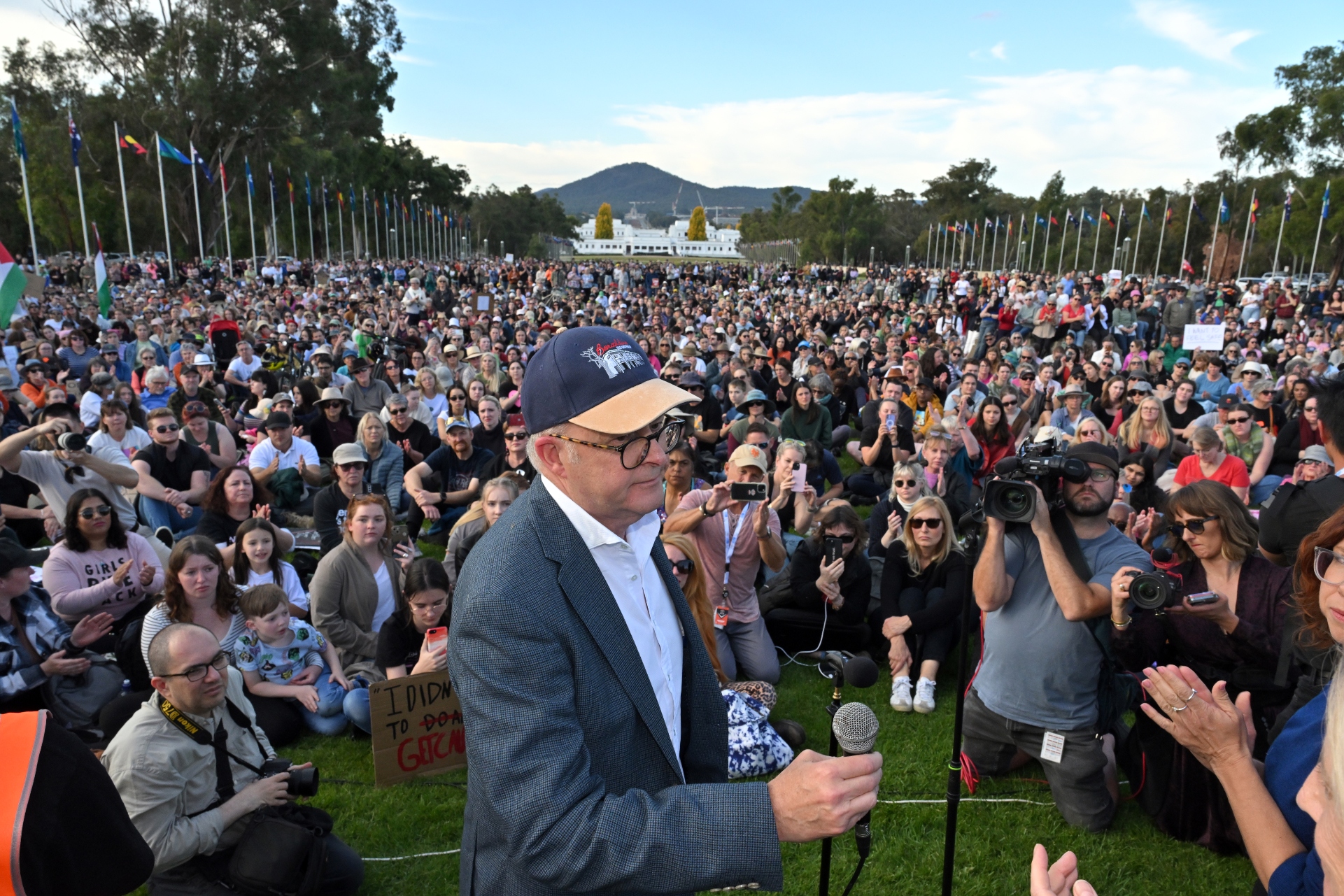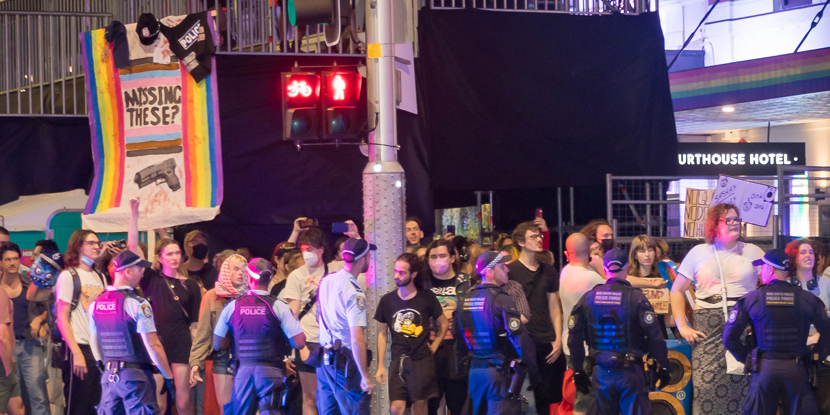
NSW to defend surrogacy option
Rights lobbyists and law experts have warned NSW gay men could lose out under a proposal to harmonise surrogacy laws across the states.
The state attorneys-general will discuss the proposal by their federal counterpart Philip Ruddock this week, with South Australia, Tasmania and NSW already indicating their support for national consistency.
The Gay and Lesbian Rights Lobby’s Ghassan Kassisieh said surrogacy was one of few legal parenting options for NSW gay men, but harmonising with South Australia, Tasmania and Queensland could see that end.
Those three states have laws banning surrogacy entirely.
A spokesperson for state attorney-general John Hatzistergos said NSW did not have the restrictions on surrogacy found in other states and he intended to keep it that way.
He will be pushing for other states to adopt laws or remove laws and restrictions in a way that complement the NSW approach, the spokesperson said.
The spokesperson said Hatzistergos would also be pushing for movement from Ruddock to complement any decision by the states.
For a true uniform national approach some commonwealth laws will need to be changed, for example the Family Court definitions, parental issues and social security.
Jenni Millbank, law professor at UTS, said it would be unlikely that Ruddock had envisaged accommodating laws that recognise parental rights of same-sex couples like those found in Western Australia and both territories.
Rather, he seems to be saying that if you’re going to ban single women and lesbians you’ve got to ban them everywhere, she said.
He hasn’t told the states what to do but if the federal government really believed in harmonisation they would reflect the states’ changes so they flow through.
Currently you’ve got some state laws that say two women are both mothers and they’re on the birth certificate and you’ve got the Family Court of Australia saying we’ve got our own definition and it doesn’t affect us.
Millbank said regulation meant exclusion for the most part.
The states that haven’t regulated have tended to be far more liberal in terms of access and far more progressive in their attitudes. If we were harmonised with WA or ACT, it’d be great; if we were harmonised with Queensland it’d be hell, she said.
There’s a wild difference of approach between the states, like the absolutely archaic laws in Victoria which are being closely examined by the Law Reform Commission.
That review has been going on for three years, looking at reproductive technology and surrogacy as part of a whole investigation into a lesbian parent.
Millbank said the federal government’s response to the Victorian review did not bode well for same-sex couples looking for parenting options if the states opted for federalisation rather than harmonisation.
Federalisation would involve each state giving up the right to legislate in respect to surrogacy in favour of a single commonwealth law.
Millbank said she wasn’t optimistic federally but the state-based inquiries in recent years have been more positive.
When the ACT passed their surrogacy law in 2004 the attorney-general said openly in parliament this will be a great help to gay couples who want to have children through surrogacy -“ that was unthinkable 10 to 20 years ago.
Millbank said the thousands of children born each year through new parenting technology and surgery have increased its visibility and public support.
I think heterosexuals have sympathy, not in terms of pity but in a sense of fellow feeling; there are lots of heterosexual people who get that a lot more now, she said.
